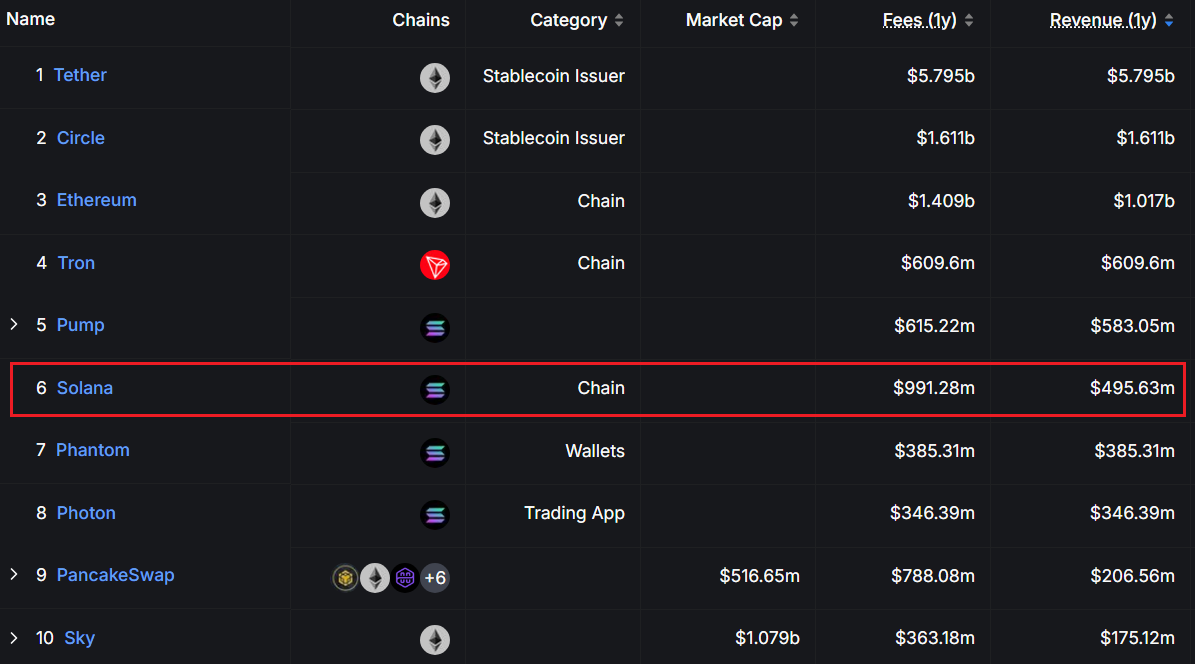The string of bankruptcies up to and after the FTX collapse left a crater in the crypto space. From BlockFi and Celsius to Voyager Digital and Silvergate, the more organized and funded aspect of the sector was left reeling.
Under the crypto-friendly Trump admin, this trend may shift starting with Janover. Former employees of Kraken crypto exchange teamed up their wits and capital to acquire 728,632 common Janover Inc (NASDAQ:JNVR) shares out of total 1 million outstanding shares.
Additionally, the team led by Joseph Onorati (former chief strategy officer at Kraken) bought 10,000 preferred Series A shares. Unsurprisingly, JNVR stock is now 524% up over a month. Let’s examine what Janover will bring to the crypto table.
From Janover to DeFi Development Corporation
Currently listed on the Nasdaq under finance for consumer services, Janover serves as an intermediary platform connecting lenders with commercial mortgage borrowers. Effectively, it is a lean software-as-a-service (SaaS) business model, aided by AI algorithms.
Across three portals – Pro, Engage and Connect – Janover operates as a marketplace linking accredited investors with real estate syndicators. For the syndicators, i.e., people who pool money to invest in a property, the Janover platform makes it easy to track the entire venture thanks to automated fundraising, performance metrics, investor portal and tracking of Automated Clearing House (ACH) funds.
Under the new chairman and CEO Joseph Onorati, Janover will be Solana-centric. Namely, the blockchain’s network SOL token will be used as the primary treasury reserve. To that end, Janover raised $42 million in convertible notes and warrants from Kraken, Pantera Capital, Arrington Capital, Protagonist, The Norstar Group, Third Party Ventures, Trammell Venture Partners, and 11 angel investors.
“Solana offers yield (via staking), validator incentives, and smart contract utility, which allow us to build deeper alignment with the network.”
Joseph Onorati
Accordingly, Janover will be renamed to DeFi Development Corporation under a new ticker symbol. This strategy is similar to Michael Saylor’s MicroStrategy Incorporated (NASDAQ:MSTR). However, there are some key differences.
DeFi vs Money Scarcity
Since the resolution of Block Wars, Bitcoin cemented its position as a store of value via a proof-of-work (PoW) algorithm that tethers Bitcoin to real world assets – energy and machines. The rest of the crypto space transitioned to variations of proof-of-stake (PoS), enabling near-instant transactions for decentralized finance (DeFi) to be possible.
As a competitor to general-purpose Ethereum (ETH), the five-year old Solana blockchain emerged as one of the top DeFi alternatives. Notably, we covered Solana’s central role in facilitating memecoin mania. Although Solana had multiple network issues in the early years, it is now perceived as a robust and performant network worthy to carry the DeFi torch.
Both MicroStrategy and Janover utilize convertible notes to raise capital. Investors buy them to convert debt into equity under certain conditions. For MicroStrategy, this is typically dependent on MSTR price threshold, which is one of the reasons why MSTR stock is often outperforming BTC price.
Of course, the decentralized PoW power and Bitcoin scarcity ensures the drive to Bitcoin’s appreciation. In turn, this drives shareholder confidence in MSTR stock value.
For Janover, the conversion threshold trigger will be determined on reaching the $100 million market cap milestone, now at $43.3 million. The minimum conversion price is set to $4.81 per share. Moreover, under the new leadership, Janover is relying on dual performance:
- The performance of the core business itself.
- The performance of the wider altcoin market, as it is reflected on the SOL token.
Over a one-year period, SOL is down 40%, and year-to-date, SOL is down nearly 50%. Presently priced at $107 per token, SOL’s all-time high was $294 in January 2025. At these heavily discounted price levels, it makes sense for Janover to accumulate SOL as its principal reserve asset.
“Bitcoin has and always will be the most powerful store of value, but Solana is the foundation for an entirely new, high-performance financial system.”
Joseph Onorati
At the same time, Janover is entering a more volatile field. Due to the network effect from PoW, there is only one Bitcoin and likely this will remain the case. But in the altcoin space, it remains uncertain if Ethereum, Avalanche, Cardano, Sui or some other layer-1 blockchain will take dominance.
On the other hand, it is also likely that all of these networks will be complementary, expanding their altcoin foothold in concert. Over a one year period, Solana generated half as much revenue in transaction fees as Ethereum.

To ensure this remains the case moving forward, Janover will go into the business of Solana validators as well, receiving the yield from staking. This creates a “flywheel” effect for the company – reinvesting yield to accumulate more SOL to further expand validator capacity. These will then participate in the validation of smart contracts powering the company’s core business.
Although this approach has its risks, the fact that Janover is accumulating SOL now, at extreme market stress triggered by worldwide tariff realignment, is likely to give the company extra capital once the dust settles.
Lastly, with FTX lessons and Operation Choke Point 2.0 behind us, the field should be clearer for a more robust, healthier growth in the crypto space.
***
Neither the author, Tim Fries, nor this website, The Tokenist, provide financial advice. Please consult our website policy prior to making financial decisions.
